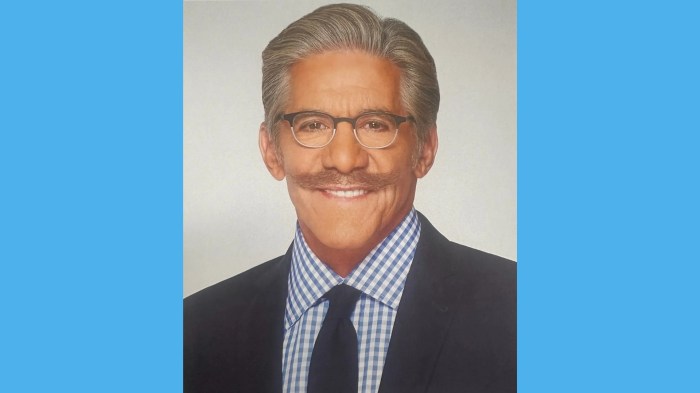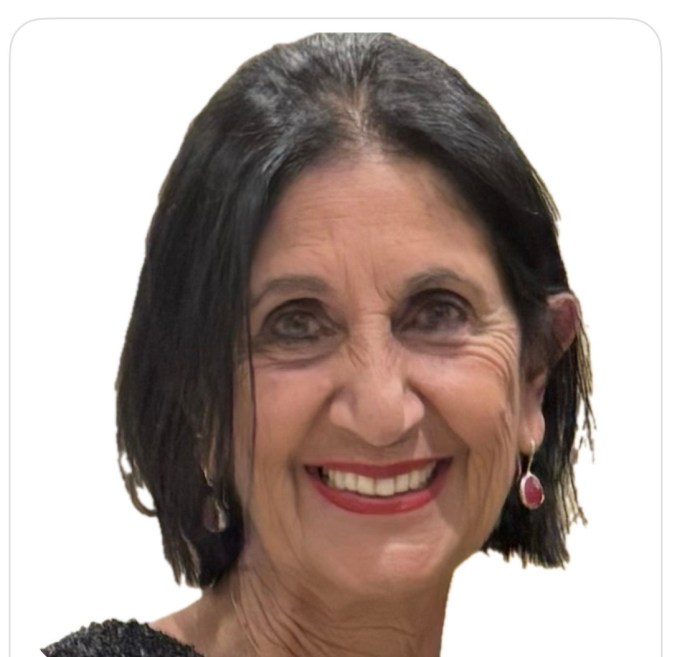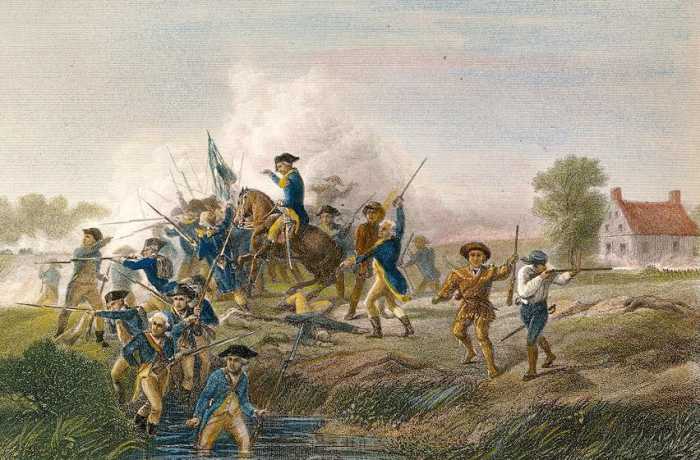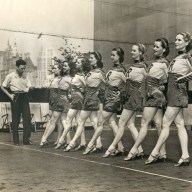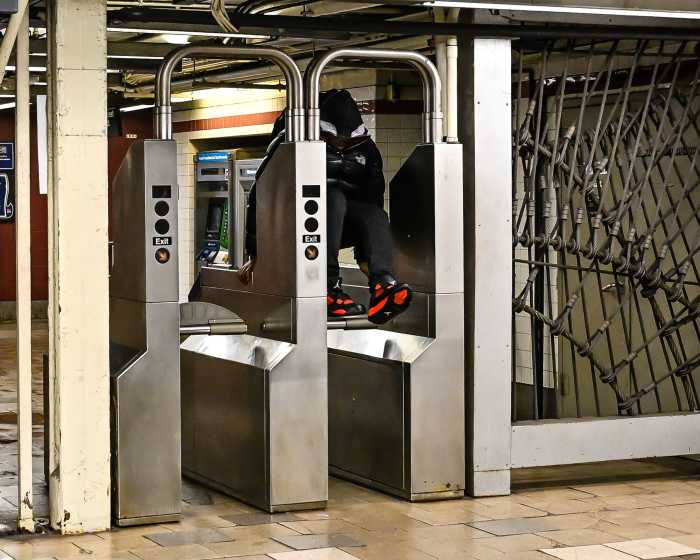I’m always saddened when I see the news of someone being accused, arreste d or convicted of some crime. If it’s a public figure, such as an entertainer or politician, the Internet lights up with all kinds of vitriol, sometimes even glee at the downfall of a person we don’t like, and a lot of Monday-morning quarterbacking and judgments take place.
d or convicted of some crime. If it’s a public figure, such as an entertainer or politician, the Internet lights up with all kinds of vitriol, sometimes even glee at the downfall of a person we don’t like, and a lot of Monday-morning quarterbacking and judgments take place.
I do my own share of judging. “Don’t these people know the things they did were wrong?” “Why would they do these things?” And while I can’t answer those questions, I know that people can lull themselves into behaviors that they know are wrong, but they justify them one way or another. Before I launch into a call for everyone’s self-reflection, I’ll do a public confession that I have driven faster than 55 miles an hour on an unnamed Long Island highway. My excuse is that “everyone else” is exceeding the speed limit and I’d cause more accidents if I got in everyone else’s way.
Whether it’s other moving violations (stops signs are meant to be stopped at) or illegal use of fireworks (wait, fireworks are illegal?) there are behaviors that run contrary to what we know is right and we have an effect on each other in this regard. I wonder how many people reading this will now say, “Well if a local pastor admits to exceeding the speed limit, then it’s not that bad when I do it.”
Our “crookedness” often starts small—and often ends small. Taking a few paperclips or Post-it Notes from work doesn’t seem like much. Yet the U.S. Department of Commerce estimates that employee theft costs about $50 billion annually. And our children and grandchildren watch and learn from us. While we teach them not to lie, they quietly remember the times we were less than truthful. While we tell them not to call other people names, they listen to our own name-calling rhetoric—or read it on Facebook, as your pastor and everyone else can plainly see.
I don’t condone any inappropriate action of our public figures yet before we get all “mightier-than-thou” in our attitudes, it would be honest and helpful to continually reflect on our own actions. If we are calling for reform in Mineola or Albany or Washington, might it not be most appropriate to reform what we do? And how easy is that?
In my line of work, one of the contributions I can make to the betterment of society is to help people in their desire to reform. I can offer them the forgiveness that they seek when they realize they have hurt others or themselves, and the encouragement they need to leave the wrong things behind and seek newer, more fair, more caring ways of living.
But while that’s my professional role in a church community, I’m happy to share those tasks with everyone else. If each person took one step in personal reform, it could have a major impact on the community we live in. But if we leave this article saying, “Not me,” more of the same is on the horizon.




